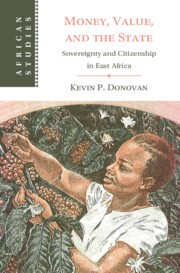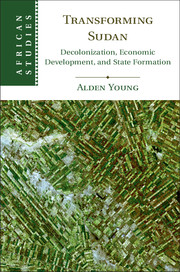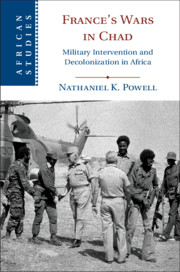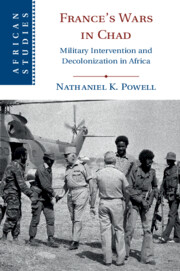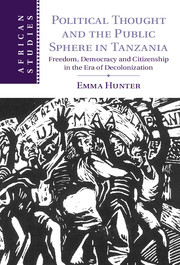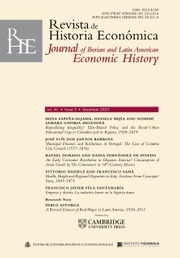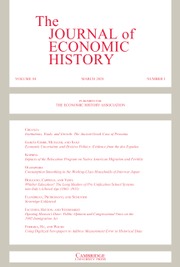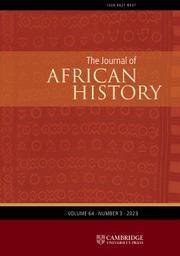Money, Value, and the State
Decolonization in East Africa was more than a political event: it was a step towards economic self-determination. In this innovative book, historian and anthropologist Kevin Donovan analyses the contradictions of economic sovereignty and citizenship in Tanzania, Kenya and Uganda, placing money, credit, and smuggling at the center of the region's shifting fortunes. Using detailed archival and ethnographic research undertaken across the region, Donovan reframes twentieth century statecraft and argues that self-determination was, at most, partially fulfilled, with state monetary infrastructures doing as much to produce divisions and inequality as they did to produce nations. A range of dissident practices, including smuggling and counterfeiting, arose as people produced value on their own terms. Weaving together discussions of currency controls, bank nationalizations and coffee smuggling with wider conceptual interventions, Money, Value and the State traces the struggles between bankers, bureaucrats, farmers and smugglers that shaped East Africa's postcolonial political economy.
- Provides a reframing of East Africa's past that foregrounds the importance of money, credit, and currency to decolonization and the fortunes of postcolonial countries
- Offers a new approach to African history that moves between the typical scales of analysis – the ethnic or the national – to show interconnections, shared predicaments, and divergences between three countries
- Foregrounds the pluralistic dynamics of citizenship and the financial aspects of statecraft in the region in order to provide new avenues for scholarship and debate about neoliberalism
Reviews & endorsements
‘Written with great verve and clarity, and offering valuable insights into any number of questions, Money, Value, and The State is a welcome addition to the literature on the potency of currency as a social, ethical, and political form. The methodological innovation of the work is especially important. Drawing on both ethnographic encounters and historical archives, and offering a powerful comparative example that covers East Africa as a complex region, Money, Value, and The State should find a wide readership.' Brad Weiss, Professor of Anthropology, College of William & Mary
‘Kevin P. Donovan offers a compelling new way to think about statecraft in East Africa after independence: as an attempt to monopolize value. This novel analysis places money and financial institutions at the heart of policies aimed to change the behaviour of citizens of new states. Donovan's book shows how the control of money became a field for contested ideas of personal and national sovereignty - a site for attempts by both people and government to imagine the future.' Justin Willis, Professor of History, Durham University
‘… this book sheds new light on the ways historians should reconceptualize the relationship between citizenship and postcolonial states to include monetary values … Recommended.’ A. S. MacKinnon, Choice
‘As an anthropologist, the author provides a rich historical ethnography of the social order produced by postcolonial political economy, shifting our gaze to the struggles between bankers, bureaucrats, farmers, and smugglers. … The main richness of the analysis is that it illustrates the mutually constitutive nature of the social order produced by the three post-colonial monetary regimes. … Donovan argues convincingly that the postcolonial political economy produced divisions and inequalities, as much as it produced the nation.’ Lena Gutheil, Politique étrangère
Product details
December 2024Adobe eBook Reader
9781009501361
0 pages
This ISBN is for an eBook version which is distributed on our behalf by a third party.
Table of Contents
- Introduction: the government of value, 1945–80
- 1. The moneychanger state
- 2. A monopoly on valuation
- 3. Restricted value
- 4. Crimes against economy
- 5. Magendo
- Conclusion: A neoliberal government of value
- Archival sources consulted
- Acknowledgments.

